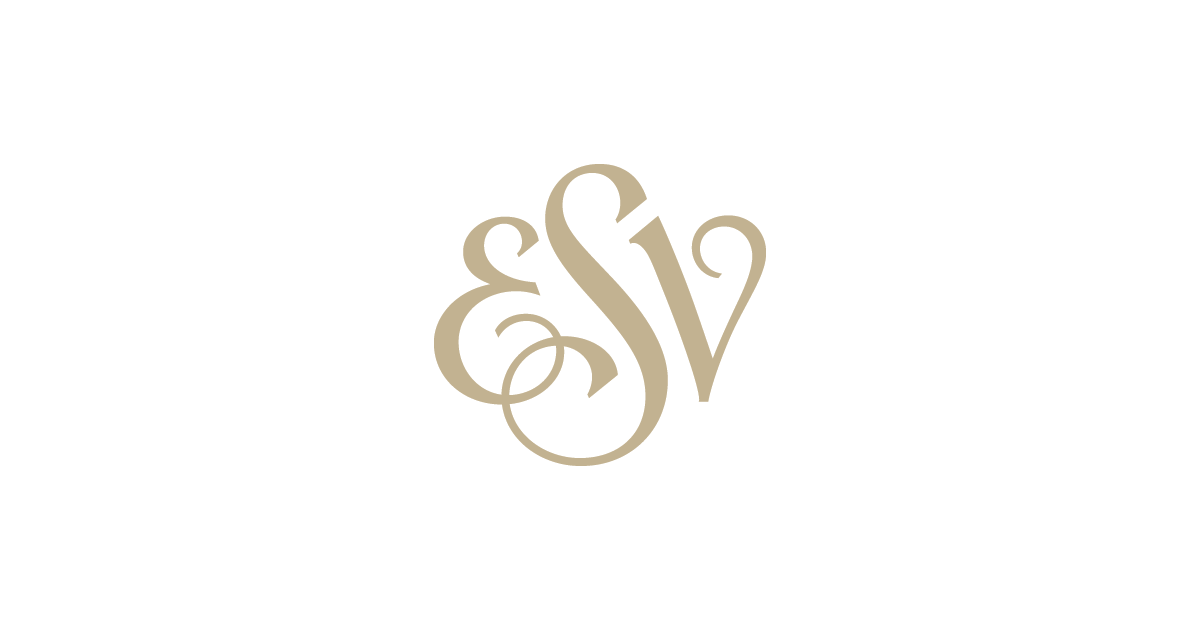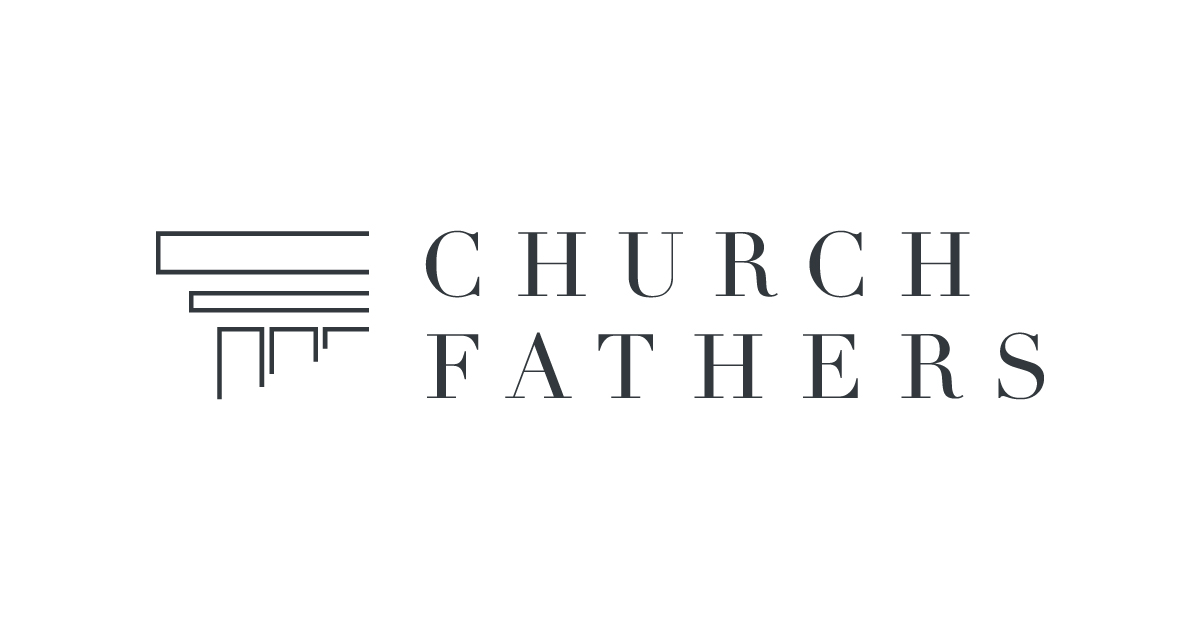Heya Markie,
I'm glad to hear you considering the Lutheran Church and I appreciate your wrestling with these questions. I wasn't raised Lutheran, so these were doctrines difficult for me to grasp as well, but now I have the joy of serving in the Lutheran Church, so I'd be glad to help if I may!
I'm glad you bring up the Didache, because that's a text I'm very interested in! Although the Didache doesn't give explicit directions for how to baptise children, it certainly doesn't exclude it. Baptism is a central point in the text, and the way it functions is that it presents the Two Ways doctrine as a baptismal preparation for converts, and as a description of the baptismal life (or the Way of Life). So for converts, they would be instructed in the Way of Life (which packs justification, sanctification, and the resurrection in one), and for all who were raised in the faith, it served as instruction. So either way, Baptism is connected with instruction, with God's Word. We can also see this in the Great Commission, in that our Lord Jesus Christ tells us to
"make disciples of all nations, baptising them in the name of the Father and of the Son and of the Holy Spirit, teaching them to observe all that I have commanded you". This means that (1) people are made disciples and
then baptised, and (2) that people are made disciples
by being baptised. And both are to observe the commandments of the Lord, so there is no difference. An adult and a child are both equally helpless to save themselves, and we can rejoice in that God's grace extends to all, and that He welcomes children.
One thing that's interesting in the Didache is that it allows for different modes of Baptism. The reasons for this are practical and theological. Practically, it has to do with the accessibility of the water, and with the ability of the person(s) being baptised. Theologically, while it isn't made explicit, but I think can be deduced, is that in Baptism, the water is ordinary and the amount is of no significance, because the promise is in God's Word and connected to the water. And that water can be applied in different ways to different peoples as the situation dictates. And we know from the New Testament that this can extend to households. And this we can also cross-reference with 1 Corinthians 10:1-2, where Paul expresses that the exodus, the passing through the sea, is a baptism, which most certainly included all of God's people, including children. We can also cross-reference it with circumcision and how it's brought out in Colossians 2:11-12.
I'm mindful of my post getting a little long, so, on the topic of the Eucharist, it may be fitting to point out a few things from the Didache, since we're talking about it. Now, the Didache is not God's Word, but I believe it's a great confession and echo of the Holy Scriptures and a unique window into the early church. And in it, we find that the Eucharist is expressed liturgically and in clear connection with Jesus. There is bread and wine that is received, it's called spiritual food and drink and eternal life, so there's a distinction made between ordinary food and spiritual food. There's prayer of thanksgiving (from where we get the word "eucharist"), and the meal is explicitly called holy, even in the words of our Lord. The meal requires Baptism, repentance, and confession of sins, it's held in connection with the divine service on the Lord’s day, it talks about the communion of the Church and our communion with Christ, and it talks about the kingdom of God, through Christ, forever. There's a clear eschatological hope connected with Jesus, which is again connected with bread and wine. In short, to the Didaichist, the Eucharist is far from a memorial meal! It's something divine.
If you're interested in the Didache, here's a short overview from a presentation I did on it, which also touches on the teaching regarding the pastoral office:
The Didache AN OVERVIEW

docs.google.com
I'd be very glad to expand or help in any way I can.
God's peace, grace, and love to you!




